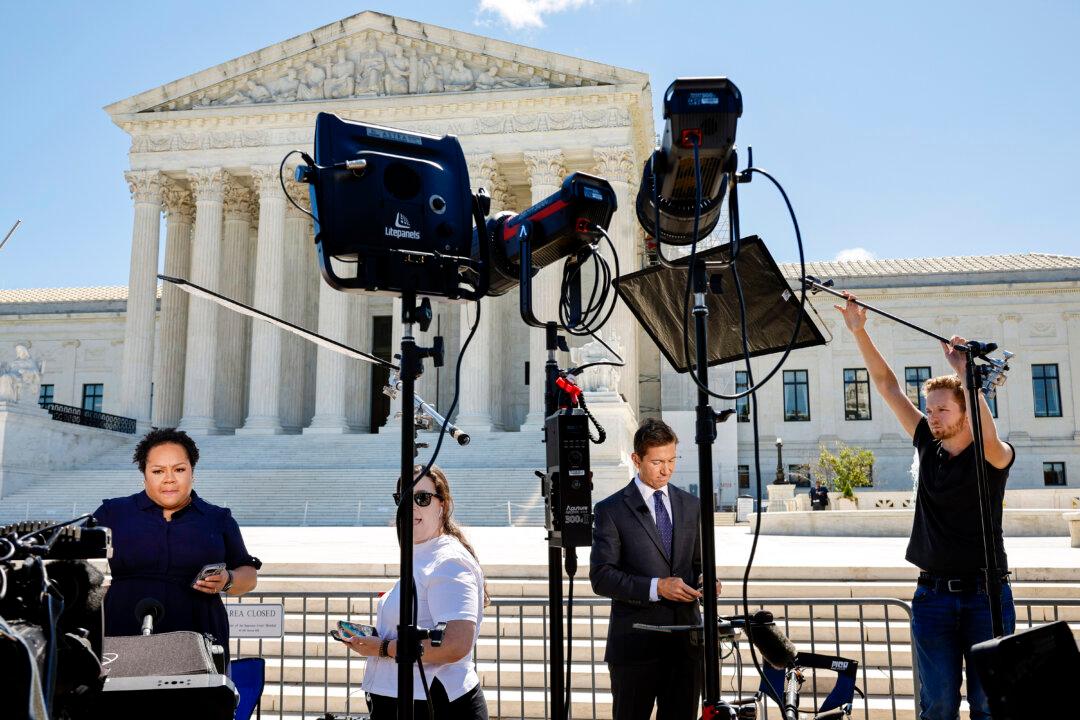The Supreme Court ruled 6-3 on July 1 that a retailer can challenge the fees the Federal Reserve System allows banks to charge for processing debit card transactions, despite not filing the challenge before the usual six-year cutoff.
Justice Amy Coney Barrett wrote the majority opinion in the case known as Corner Post Inc. v. Board of Governors of the Federal Reserve System.





